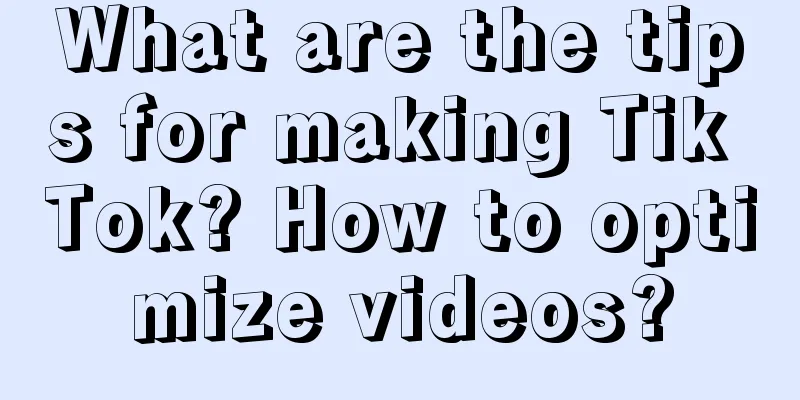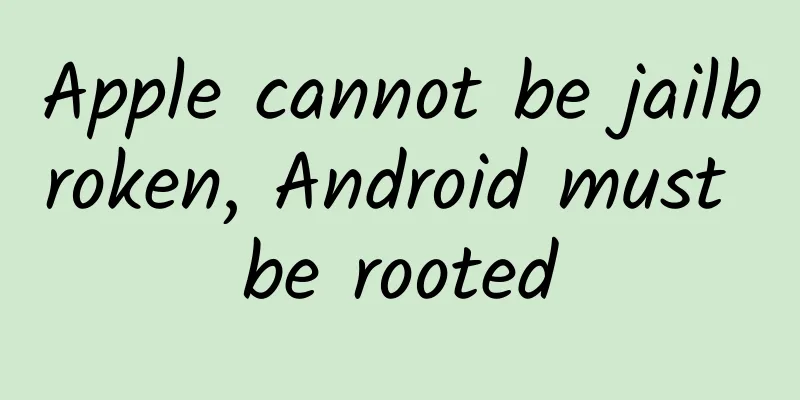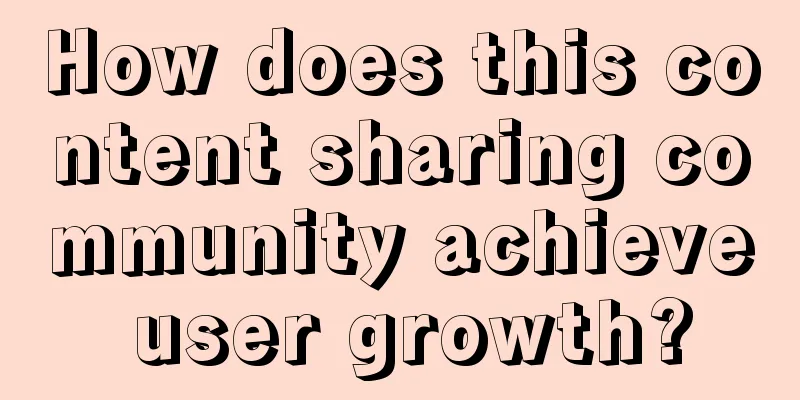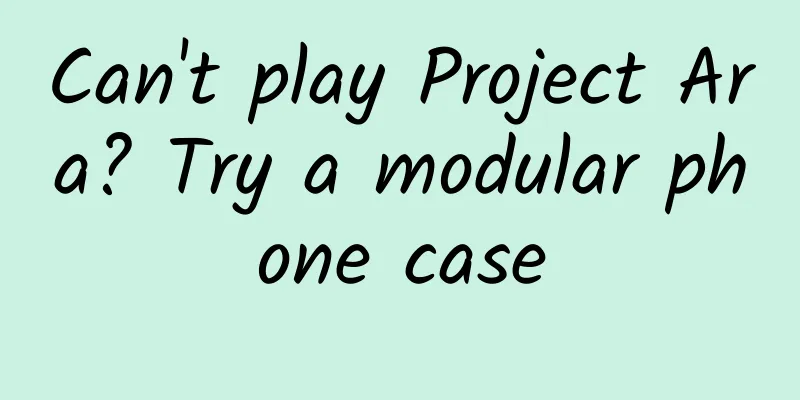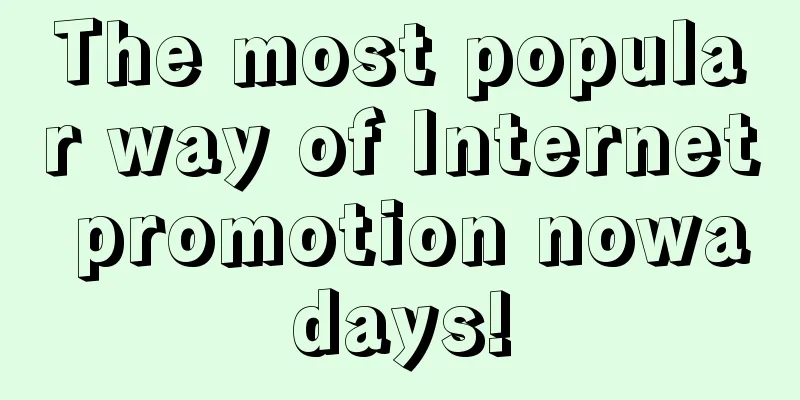Foreign media exclusive interview with Microsoft CEO: Why choose to join hands with Android 46 years later?

|
Recently, Nilay Patel of The Verge and Satya Nadella, CEO and Chairman of Microsoft Corporation, had an in-depth conversation on the Decoder podcast. In this conversation, they focused on the reasons why Microsoft chose to cooperate with Android on Windows 11, the cooperation and competition between Microsoft and Apple, Amazon, and Intel, and also mentioned the impact of the COVID-19 pandemic on Microsoft, Microsoft's current basic situation and future plans. On June 16, Microsoft officially announced that CEO Satya Nadella will succeed independent director John Thompson as chairman. Nadella joined Microsoft in 1992 and has worked closely with former Microsoft CEO Steve Ballmer and co-founder Bill Gates. In terms of corporate business, Nadella has worked in multiple business departments such as Windows and Office, and has led Microsoft's Bing search engine, SQL Server database and Azure cloud computing. It is reported that the Microsoft Azure cloud service he is responsible for is known in the industry as a substitute for Amazon's cloud service. In addition, Nadella is one of the developers of many important technologies of Microsoft, including database, Windows server and developer tools. He also helped Microsoft launch the cloud computing version of Office software, namely Office 365. On the evening of February 4, 2014, Microsoft announced that Bill Gates would no longer serve as chairman of Microsoft, Thompson would take over as chairman, and Nadella would be the next CEO. Why did Microsoft choose to allow Android software to "settlement" in Windows? Will Microsoft allow software to bypass the store? Why does Microsoft extract 15% of the software fee, and what will it bring to software developers? We can find answers to these questions in this conversation. Windows is an extension of Azure's business, and the COVID-19 pandemic boosts Windows 11Question 1: A few years ago, you said, "We can rename Windows to Azure Edge. It's just an extension of our big business Azure. We are in a mobile-first, cloud-first world." You also told Wired in 2019 that "the operating system is no longer our most important business." However, Windows 11 was released. Nadella: I think what I said is still true, because Windows does not exist in isolation, it lives in a world with many clouds. It has multiple cloud providers and many clouds, and any client operating system will eventually be combined with the cloud. So from the perspective of technology and business model, distributed computing architecture, user usage and experience, etc., Windows is indeed "cloud" and "(Azure's) edge." I think operating systems are also important because they integrate with other things in our lives, whether it's running on other devices or providing more software services or user experience through the cloud. We assume that any Windows user has a phone, and that phone could be Android or iOS, so we have to redesign Windows based on this. We have to meet the current needs, unmet needs, or unexpressed needs of Windows users. Q2: You've talked about how the coronavirus pandemic has made you refocus on Windows and explore new possibilities for it. Tell me about that process, because Windows 11 has really undergone a big shift. Do you think the coronavirus pandemic has influenced the direction of Windows? Nadella: Absolutely. Without a doubt. Even for me, I didn’t have a home office. And then one day, I realized that not only did I need a home office, but all my daughters needed their own computers. Without computers, we wouldn’t be able to do remote education, remote work, remote medical visits, etc. Now, computers have become essential equipment. I've learned from the COVID-19 pandemic that we need to provide better services to Microsoft users, which is why I'm considering improving Windows Update. These updated features are important to our users, and they tell me loudly and clearly in my inbox every day what aspects of Windows I need to update. At the same time, I also realize that the Windows system needs to run on a larger screen, because not all tasks can be completed on a mobile device. Windows and Android software create a "win-win" software development environmentQuestion 3: Windows is now more closely tied to Android. One of the biggest changes in Windows 11 is that Android software can run directly on Windows. What do you think are the pros and cons of this decision? Nadella: In fact, Windows has always had this feature, and Android is just a subsystem. Windows has many features and can support different things. Android will bring a large number of users to Windows, and Windows will also create more opportunities for people who develop Android software. I think both sides will benefit from this decision. The question we had to think about when making this decision was - if our users want more software, what is the best way to solve this problem? What we need to pay more attention to is what (method) this solution will be implemented in, what are the use cases, and what Android software users want to use more, whether these software are on Android, PWA (Progressive Web Application), UWP (Universal Windows Platform Application), or what other systems. In fact, we welcome all software. Question 4: What is the best argument you have heard against it? Nadella: I think the debate is always about, "Do we have to have a consistent model for apps?" Microsoft built a common platform for iOS, Android, Windows, and so on. We're working to make sure that developers can use as much of the common code base as possible, as many clouds as possible, but at the same time, be native apps on each platform. Microsoft creates a unique business model to compete with Apple and AndroidQuestion 5: There are many important changes in Windows 11. For example, I see a new user interface with the "Start" button in the center of the screen; you broke through the "barrier" with the Android app store through the Amazon store; you also adjusted the app store's commission fee, reducing the app store's commission fee to 15%; you also told developers, "You can be in our store, if you want to use your own payment model, you don't have to pay us anything." How many of these changes are decisions based on market changes - do you see some of the controversy now? Do you feel there is a market opportunity here? And how many of these changes are reasonable ways to expand Microsoft's business? Nadella: I think this is driven by competition. How should Microsoft manage the platform and set platform rules in order to thrive in this role? My understanding of platforms is that they must create opportunities for people on the platform. This is how software developers can maintain a close relationship with the platform. Microsoft has created a great opportunity for software developers. Software developers can not only develop software on Windows, but also expand users on Windows. Whether it's Adobe creating their Creative Cloud, SAP building their ERP enterprise resource planning business, or Discord building a community for gamers, these are all platform services provided by Windows. Question 6: Apple said that due to the cost of maintaining applications, they will take a cut of the software's profits, which is Apple's business model. So what is Microsoft's business model? Nadella: We have different business models. We have subscriptions and OEM royalties. Apple obviously makes money on device gross margins. Every company ultimately chooses a business model to charge for what they do. I think it's really just a question of where do you monetize (platform services) and what can others get from monetizing (platform services)? The answers to these questions have to be fixed. At Microsoft, I have always believed that the definition of a platform is: if something more creative than the platform cannot be born (on the platform), then it is not a platform. For example, the Web grew up on Windows. Amazon wouldn't exist if we said, "All transactions must only be made through us." So, "We're going to have our own business model." At Microsoft, we also hope to solve the same software security and other problems (as Apple). At the same time, we hope that software developers of different operating systems can enter our software store. We hope that (the store's) flexibility can also become a differentiating competition. Question 7: How do you balance the internal pressures between the operating systems when the two systems are compatible? When Windows becomes an open platform, how do you make Microsoft's own products successful when competing with other products? Nadella: Take the browser, for example. It's very clear in this regard. Windows has a default browser, but you can also download a browser from Google or Firefox. In a sense, this is Microsoft providing other agencies with the ability to directly enable consumers to make choices while retaining the curation rights for us and others. We want to provide a new platform for software creators, not just a platform for their software. That's the nuance we want to emphasize, which is: I hope we have a good platform, a store, and we update the system regularly. But if other people come into our platform and create a lot of value, and our users use these products as infrastructure, then we welcome them as well. It’s worth noting that this is how we run our cloud, and it’s not fundamentally different for us. Our cloud usage ranges from applications to infrastructure. But different software vendors and companies can use cloud services in different ways. Question 8: You cut Microsoft's app store fee to 15%. What do you think that 15% fee provides to software developers? Why do you think developers should pay Microsoft instead of rolling their own payment system? Nadella: It's market validation. Today, people are comfortable with software in the app store because someone is curating it, checking its security, and then making it easy for you to find the software you need. But all of that has real costs. We do not consider the App Store to be an independent business, because it is difficult to add real value to the operating system, the App Store is just a part of the operating system. There is a question here - should there be competition and flexibility in the App Store? We believe that our store has its own rules, other platforms may have other rules, and users will choose for themselves. To create a large-scale competitive market, Microsoft looks forward to product innovation from Intel and othersQuestion 9: You are also an Amazon partner responsible for distributing Amazon software. Do you expect Amazon to get better? Do you think Amazon is good enough now? Tell me what your partnership is like. Nadella: I hope more software developers can see the Amazon App Store as a way to reach more users. I hope it's a win-win. As I said, if they can add more Android software through the Amazon store, I think even Google will consider it. We also welcome any other application store. Of course, there are already many alternative Android app stores in the world, and they are even larger than Google's own store. So we will continue to pay attention to what happens in the app store market. Question 10: You passed the app terms for the Amazon store, and you will not give up your cooperation with them. But if the Google store also wants to settle in Windows, they will have their own store and their own economic advantages. So do you expect these different app stores to compete with each other? Will they fight for their respective software developers? Nadella: The world hasn't paid attention to this. On Windows, you have Steam, Epic, and our own store. There are multiple markets here, and there should be competition between markets. What would it look like to have multiple vibrant competitive markets on a given operating system? Look to the Windows gaming market for answers. Now, I expect we will see this massive competition in all categories. Question 11: I'm curious where you see Intel's (product) innovation roadmap. Nadella: First of all, the relationship with Intel is very important to us. We are very interested in Pat Gelsinger, Intel's new CEO and his team and their (product) innovation roadmap, and we will definitely work with them in depth, as well as AMD and Qualcomm. For example, the PC side has always represented a very broad design field, whether it is silicon innovation, business model innovation, ASIC, assembly methods, or a series of innovations made by NVIDIA in GPU. These innovations are the reason why we have created excellent gaming laptops, notebooks, desktops and other products. I am very interested in what the packaged systems that Pat likes to talk about in the next ten years will be? What will be the breakthrough innovations in the operating system? We need to think about these questions first, and then we will start competing and innovating vigorously. When I see the innovations of Intel, Qualcomm, AMD, and Nvidia, I will say: "I hope these different innovations can be presented to every developer through Windows." You bring your UWP, PWA, and Android innovations to show your excellence on Windows. Our OEMs at Dell, HP and Lenovo are all excited about this. New CEO takes office with three questions as decision-making frameworkQ12: You recently became chairman and CEO of Microsoft. What does it mean to be chairman? Nadella: In the US corporate system, independent directors are the ones who have governance rights, and the lead independent director has full authority over all management personnel, including me and my compensation. They can hire and fire me. In fact, this is also an option. How do we build a management team and board of directors around Microsoft's purpose and strategy? I think becoming CEO is a reward for the work I've done over the past seven years. And who becomes chairman and who gets the power to hire and fire the CEO doesn't really change the governance of the company. Question 13: What is your decision-making framework? Microsoft is a large enterprise. You have many billion-dollar-plus business lines. How do you make decisions? Nadella: I have had this decision-making framework since I became CEO. This decision-making framework starts with mission and ends with culture, and Microsoft's worldview and strategy must be implemented in both. I think the eternal things in this decision-making framework are goals, sense of mission and culture, while the temporary things are worldview and strategy. Anything we do must be approached with the following questions: Does this make sense for us as a company? More importantly, if we do this, will it have special value in the world? Does it differentiate us from the competition and does it help people? To me, answering these questions is the most useful way to make decisions in the business we work in.
Q14: You currently produce an Android device, Surface Duo. Do you want to make more money? Nadella: Although Surface Duo does have calling capabilities, I don't think it can replace a phone. If we wanted to make a phone, we wouldn't have built it. Let's wait and see what happens next. I love it because it's definitely my laptop. I do use the Surface Duo for calling because it's unique. I love reading my Kindle and taking OneNote notes on the same screen, and we built the Surface Duo for that. I think we'll continue to innovate in that area in the future. Whether it's Hololens or Duo, I hope we can aim for product goals and make changes to its form and function. Conclusion: Breaking through software barriers, Microsoft builds a broader software ecosystemMicrosoft released the official version of Windows 10 on July 29, 2015. Six years later, the birth of Windows 11 was not only affected by the external impact of the COVID-19 pandemic, but also by the internal impact of Microsoft's "change of dynasty". At the same time, it also faced incentive competition between different operating systems. This time, Microsoft chose to break through the "software barriers" with the Android operating system and provide a broad new platform for more software developers, taking the lead in making breakthrough innovations in a complex competitive environment. Windows is becoming a platform-based "bridge", hoping to incorporate software from major operating systems and establish a broader software ecosystem. We will have to wait and see what kind of substantial changes this collaboration between Microsoft and Android will bring to the software ecosystem. |
>>: Key technologies of 5G smartphones (I) Antenna technology
Recommend
A formula to explain Xiaomi's marketing secrets
The gradual saturation of the incremental market ...
How much does it cost to make the Naqu Electrical Mini Program? What is the quotation for the production of Naqu Electrical Mini Program?
WeChat Mini Program is an application that users ...
Analysis of the top 100 most popular Tik Tok videos: Why isn’t your Tik Tok popular yet?
At present, Douyin can be said to be the most pop...
Mobei SEO course tenth phase basic class quick start course plus advanced course
Getting Started: A First Look at SEO Purchase hos...
Get the App information you want through PackageManager!
[[207610]] 1. Introduction Let's get straight...
Follow the master "Du Yasong" to master the assessment and diagnosis of children and adolescents
Course Catalog 01 The significance of diagnosis a...
What are the basic functions of Huizhou WeChat catering mini program and the function list of the catering mini program?
Why do many catering companies now choose to deve...
Will highways be free during the Dragon Boat Festival in 2022? Why are highways not free during the Dragon Boat Festival? Attached is the latest notice!
With the end of the May Day holiday, everyone beg...
The latest algorithms and gameplay for live streaming sales in 2022
No matter what the problem is, it can be solved u...
How to sell Meizu 923 router with low appearance and no 5G?
Third-party companies may promote their products ...
Sunshine Douxi e-commerce Qianchuan and live broadcast room operation from 0 to professional, 93 chapters full version
: : : : : : : : : : : : : : :...
A great job-hunting trick for programmers! A talented programmer writes his resume in C language
[[129819]] This is a resume that is also a readab...
Wu Jing's 20 movies collection with high definition Chinese subtitles
Wu Jing, born on April 3, 1974 in Beijing, gradua...
You can chat on QQ, no ads! WeChat's new function is popular and netizens have great comments
Now you can log in to QQ and receive messages on ...
Blue Ocean Virtual Resource CPS Project, currently the highest single person earns over 300,000 yuan per month
The course comes from Shengfan’s Blue Ocean Virtu...

